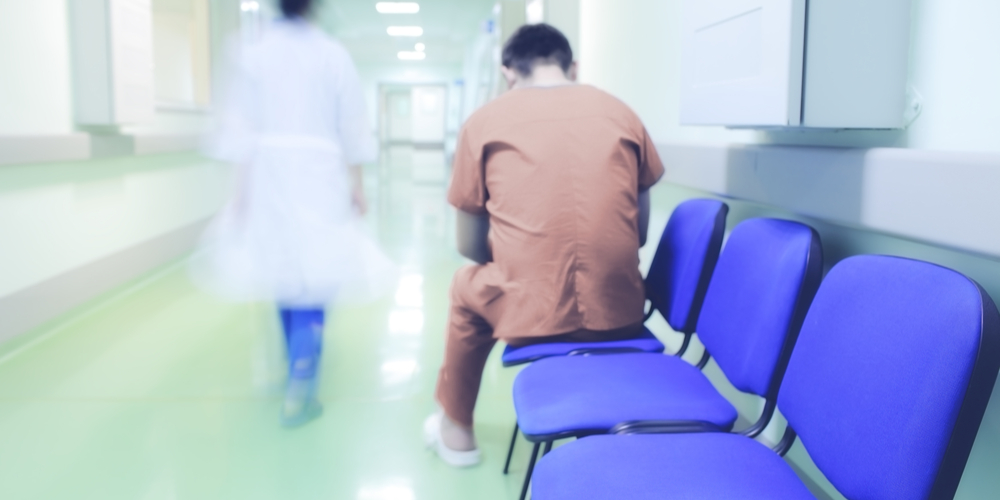
Health care provision
Recently, control of healthcare in prisons has been passed on to National Health Service Primary Care Trusts; this means the care prisoners receive is similar to the care they would receive in the outside world.
The health care system is commonly run by a healthcare manager who is responsible for the daily running of the health system in the prison.
Generally if a prisoner is feeling ill they will fill out a form which will be passed on to a member of staff; they will then be given a date and time for their appointment which will allow them to see a doctor.
In line with policies outside of the prison, prisoners choose whether or not to seek or receive treatment. Most health issues are dealt with inside the prison building; however if an inmate has a specific condition they may be moved to a facility where that condition can be better looked after.
If a prisoner is suffering from a serious illness they may be taken to a hospital or a specialist may be called to visit them in prison. Offenders are entitled to the same rights to healthcare as all other citizens.
Common illnesses
Research suggests that the most common illnesses in prisons are infections illnesses such as colds, coughs, flu and stomach infections; this reflects the common illnesses in wider society. Infectious illnesses may be passed quickly in confined spaces so a large number of people may come down with the same illness once one person has been infected.
Respiratory illnesses
Damp conditions may make respiratory conditions worse and consequently many prisoners living in older jails may suffer from this type of illness. Generally, prisons are forced to comply with minimum standards so this situation should not arise very often.
Mental illnesses
Many offenders struggle to come to terms with what they have done and several struggle to settle into their new surroundings; consequently many may suffer from mental illnesses. Most prisoners suffer from mild forms of mental illness which may include mild forms of depression, stress and anxiety. Some, however, may suffer from more serious forms of mental illness and may need prolonged medical treatment. Just as in the outside world, the NHS is committed to providing the best possible standard of care and all available forms of treatment will be offered to those affected. Offenders can seek help and support from Chaplaincy services as well as arranging counselling and therapy sessions; severe cases may need to be constantly monitored and some prisoners may need to be isolated for both their own and other’s safety.
General health
All prisoners are encouraged to lead a healthy lifestyle which will enable them to enjoy good health and prevent the development and spread of infections.
Diet
Diet is an important component of general health and prisoners are encouraged to eat a healthy and balanced diet. Commonly, a variety of food is offered to offenders at all mealtimes meaning they can choose what they would like to eat; there should be at least one healthier dish on offer at each mealtime, in accordance with Government healthy eating initiatives. Having a good diet has been proven to boost morale and improve standards of health. Studies have highlighted some issues relating to diet in prisons which include the provision of foods with a high salt content and a lack of fresh fruit and vegetables.
Exercise
Exercise is instrumental to good general health and can be an extremely important tool in the rehabilitation process. Generally exercise is considered as much more than a way of burning calories and keeping fit in prison. Exercise provides an outlet for aggression, stress and anger and can act as a much needed release from the daily routine of prison life. Getting fit and becoming mentally and physically stronger gives offenders a sense of achievement, nurtures ambition and instils a desire for progress. Almost all prisons have gymnasium and outdoor exercise facilities. Sport can also help to teach valuable life skills such as learning to lose, working as part of a team and respecting other people.
Women’s health
Female prisoners are offered exactly the same specialist services as other women; these include cervical cancer screening for example. Pregnant women are offered the same antenatal support as other expectant mothers and are granted special accommodation; most give birth in the local NHS hospital. There are 7 mother and baby units in England and Wales where female offenders with children are placed.

